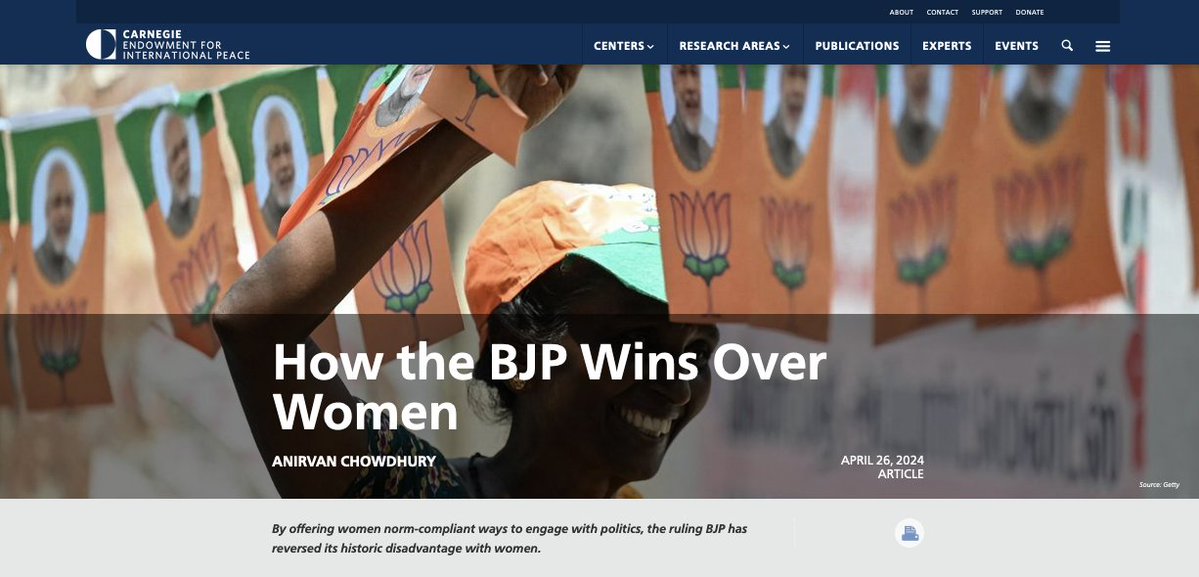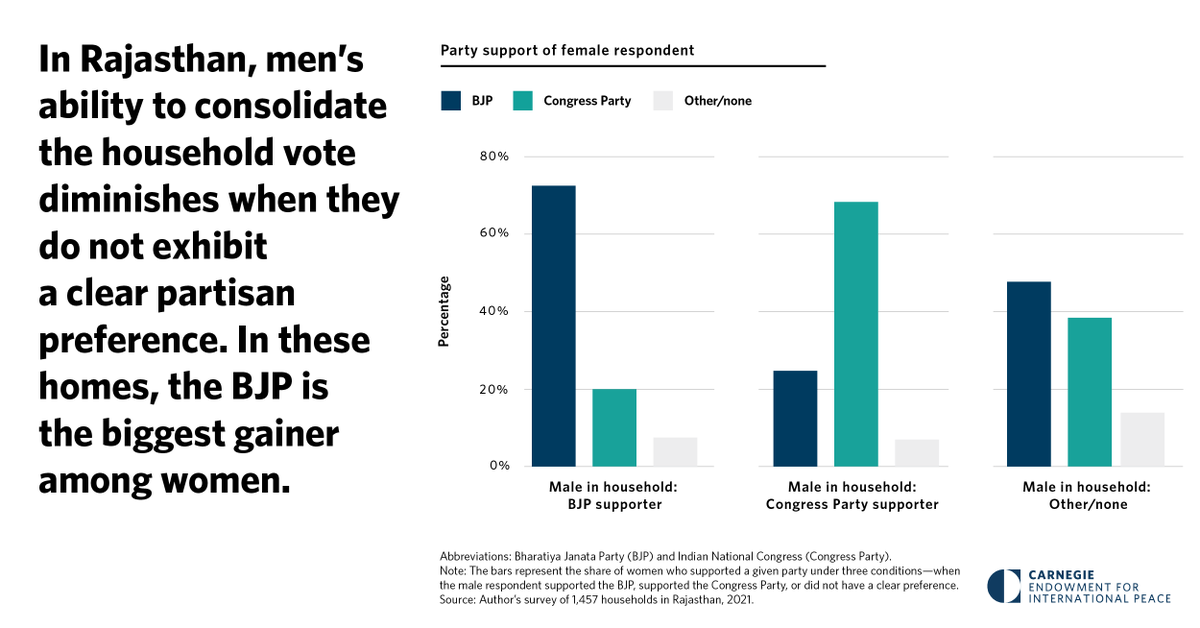1/ As the US election nears, our team is surveying Indian-American college students (and a parent) for a study on inter-generational differences in policy/political attitudes. If you're part of a campus organization or would like to get involved, email us: siaa-survey.com
2/ Here's a short video explaining our study's approach and why we think this survey is important:
3/ Or you can check out a short podcast @KhariBiskut, @sameer_nd & I recorded where we talk about our survey effort and what makes it unique: siaa-survey.com
4/ Or, if you're graphically inclined, check out this infographic describing our why this survey is important and will tell us things we do not know but should siaa-survey.com 

5/ If you'd like to learn more or to get your student organization involved to take the survey and spread the word, email us -- contact@siaa-survey.com -- or visit our website: siaa-survey.com
• • •
Missing some Tweet in this thread? You can try to
force a refresh

















